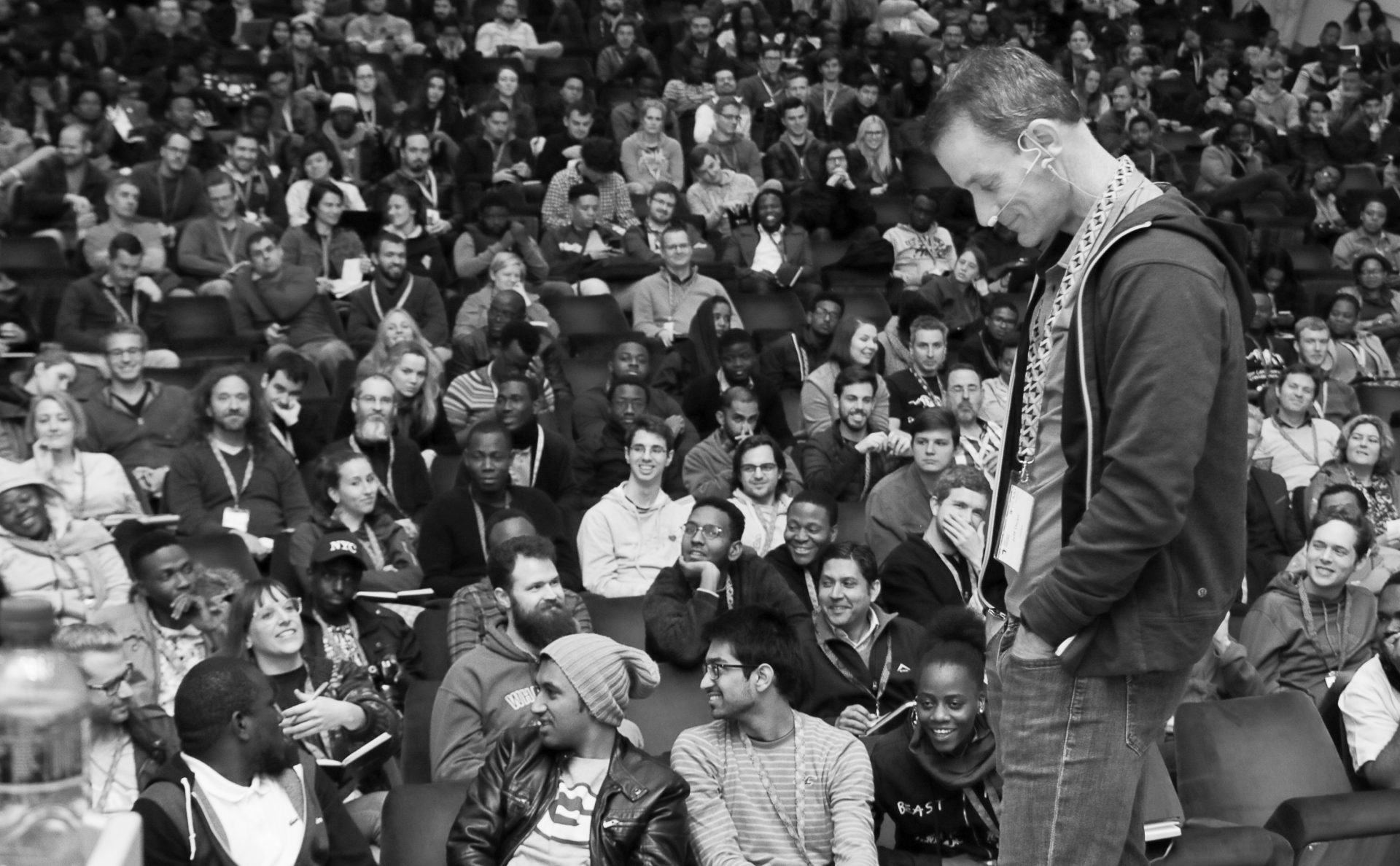Across the African continent, our communities gather to create spaces where we share our experiences, seek advice, and discuss the pressing issues of the day. In Zulu, this type of gathering is called an Indaba. This September, the first Deep Learning Indaba will take place: a shared space to learn, to share, and to debate the state-of-the-art in machine learning and artificial intelligence, and our African contributions to this scientific endeavour.
African machine learning is strong and varied. To support the food security of our nations, computer vision is used to detect cassava root disease in images captured using low-cost mobile phones [1]. Where health services and advice is limited, especially for HIV and AIDS, machine learning is used to shorten response times in mobile question-answering services, allowing these services to reach more people [2]. And the African contribution to Big Science, in particular in radio astronomy through the square kilometre array telescope, will advance the state of machine learning to provide new insights into the workings of the universe [3]. Yet it will not have escaped the attention of those who attend the internationally leading machine learning conferences that African attendance and participation is extremely low. It is critical for the the future trajectory of machine learning and artificial intelligence, for the types of teams we build and problems we address, that this imbalance and lack of representation be addressed. Africans must be contributors, shapers and owners of the coming advances in machine learning. The Deep Learning Indaba is our effort to strengthen the foundations of African machine learning, and to increase the participation of African researchers in the field.
Over five days, the Indaba will bring leaders of the field to Johannesburg to teach and mentor students, academics, researchers and entrepreneurs in the theory and practice of deep learning. The more than 300 attendees will hail from 23 African countries, as well as other countries across the world, and will form one of the largest machine learning teaching events globally. Beyond technical exchange, this week will create opportunities for new research connections, foster a better understanding of the variety of career paths in the field, and, we hope, through new friendships, perspectives and backgrounds, take the steps to realising a more diverse, racially-representative, and multicultural machine learning community.
Our participants share a common theme in their hopes for the Indaba: they each hope to build their own confidence and ability to make contributions in this area of science; they wish to inform their future career trajectories; and importantly, they seek a vision of the role that machine learning can play within their communities and local problems. And as much as they hope to learn from us – as we seek to better understand how African machine learning can be strengthened – we hope to learn from their experiences, their challenges, and from their excitement around all that might be possible with machine learning. This is the true spirit of an Indaba; we will build on the traditions of our past to strengthen our culture of scientific exchange, and in so doing, the foundations of our future.
1. John Quinn , Kevin Leyton-Brown , Ernest Mwebaze, Modelling and monitoring crop disease in developing countries, AAAI 2011.
2. AI helps answer thousands of health queries in Zambia via SMS, New Scientist, 2016
3. Melanie Johnston-Hollitt, Taming the Data Deluge to Unravel the Mysteries of the Universe, WWW17


![Xam Xamlé: Our Latest Indaba Impac[...]](https://deeplearningindaba.com/wp-content/uploads/2025/04/23032016-DSC09429-1-201x401.jpg)

